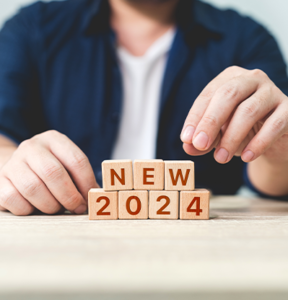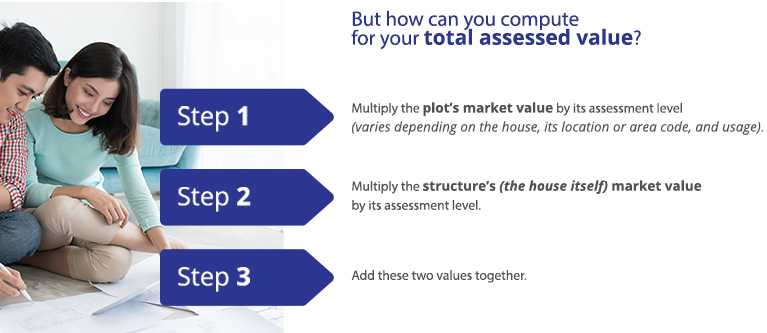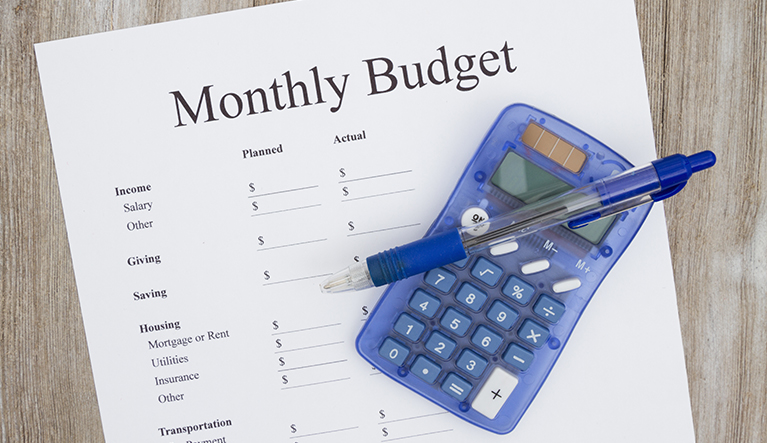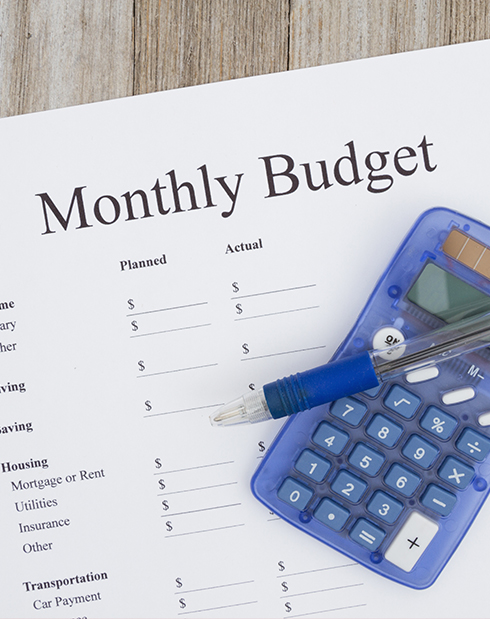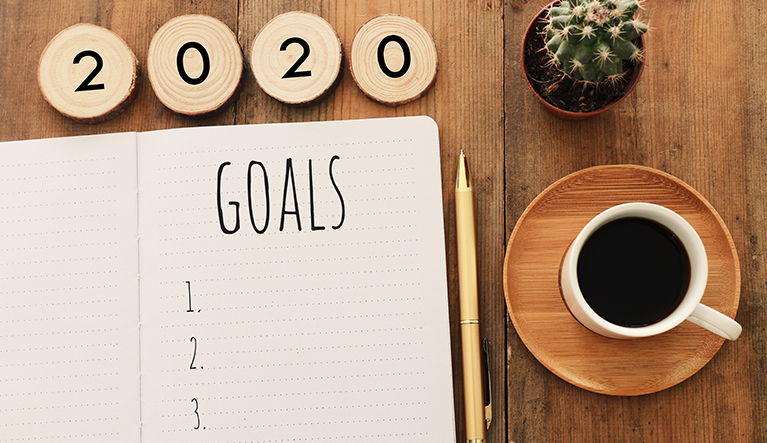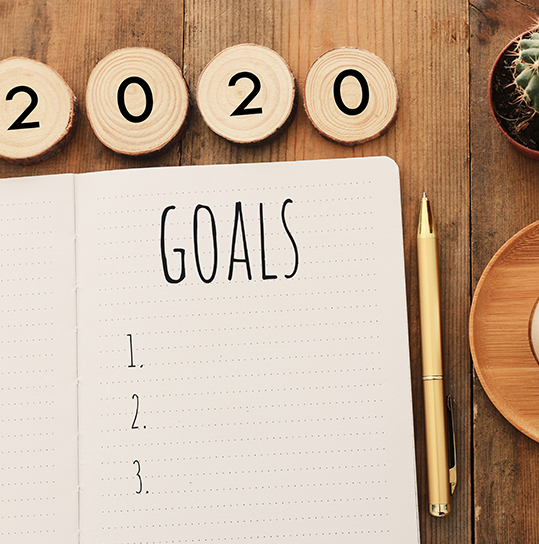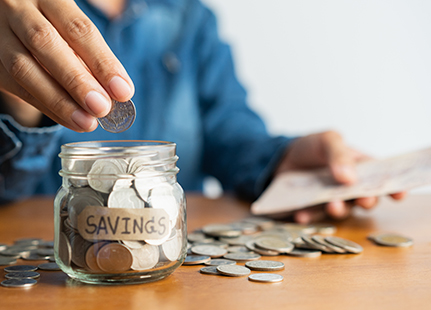Digital Money Management: Know-Hows and Tips
June 30, 2020 | by HC Mutual
In recent years, we have seen a steady rise of online stores, mobile banking institutions, and digital payment gateways in the Philippines. Now, with the global pandemic, there has been a stronger push for online and cashless systems for shopping, payments, and banking. We understand that this sudden pressure to make the switch can cause fear and doubts—but we are here to help you. In this guide, you can learn how to make the best out of your digital transactions and guarantee your online safety.

How can digital money management help you?
If you’re still considering whether or not going digital is worth it, take a look at how you can benefit from online transactions:
- Increase financial mobility and accessibility – In the middle of the nationwide community quarantine, transacting online can help you manage your budget, pay your bills, buy groceries, and send extra funds to your loved ones anytime—in the safety and comfort of your own home.
- Faster and more flexible services – With more businesses tailoring their operations to remote transactions, you can expect a wider range of online stores to choose from, quicker turnovers, and more customer-focused services. HC Mutual, for example, offers an auto-debit scheme to our members for a more convenient and stress-free saving experience.
- Keep better track of your finances – Every payment, purchase, and transfer you make digitally is recorded, itemized, and sent to your email and phone, giving you better insight and control over your monthly budget.
How to get started—the smart way
With the wealth of digital money management apps and payment methods out there, figuring out your first steps can get confusing. Let us make your transition to online transactions easier with these tips:
- Set goals and objectives – What made you decide to go digital? Determining the reason behind your switch can help you assess what services you need to consider and how you can narrow down your list. Do you need faster fund transfers, better budget tracking, or more payment options?
- Research your options – The best decisions are made by being well-informed. Check out different money management tools and online payment methods. Ask around for reviews on security and performance and compare your options to find out the best fit for your needs.
- Apply for a credit card – Having your own card is great for your credit score, and is a good avenue for fast and secure online transactions. Most services accept major credit cards, and are quick to authorize your payments. Unlike debit and cash payments, refunds are also easier with a credit card! All you have to do is to call your bank to cancel a transaction.
While credit cards can easily enable your spending habits, it’s best to use it mainly for travel and emergencies only to avoid going over budget. Your card should help you gain more financial mobility, not hold you back with heavy monthly payments and interest charges. - Consider reloadable prepaid cards – Ready to test out cashless transactions but still hesitant to use your credit card? You can begin with reloadable prepaid cards. Simply reload your balance and use it as you would a credit card. While not as flexible, prepaid cards give you control over your spending. Now you have a convenient, controlled way to shop or pay bills online.
Most prepaid cards don’t require a bank account to add funds, and instead you can top-up through authorized payment centers. It functions similarly to a debit card, where you can only spend the amount you currently have in your account. - Check out mobile payment apps – Focusing on security and convenience, mobile payment apps were made for safer and faster cashless transactions on your phone. Most forego additional fees and do not require you to connect a bank account. Like prepaid cards, all you have to do is load it with the amount you need—and you’re good to go!
- Set spending limits – With exciting new ways to shop and a one-tap checkout process, you may find yourself spending more than planned. Review your budget and set a new limit on your monthly expenses. It’s also advisable to set aside separate funds for cash-only transactions. Going digital is extremely convenient; however, you still need cash for emergencies and utilities that aren’t covered by online payments.
Quick Tip!
You don’t have to stick to just one online payment and management platform. Shops, utilities, and bills often have their own preferred payment methods and gateways. To make the most out of your digital transactions, it’s best to have more than one cashless payment tool at the ready. More options, better financial mobility.
Ensuring safe transactions
Let us help you ease your worries when it comes to transacting online. Here are our tips on what to look out for to guarantee your safety and security.
- Protect your password and data – Never share your account details with anyone, and always make sure that no one can see your phone whenever you log in. This is especially important for your OTPs (One-Time Passwords), credit card numbers, and account PINs. To be extra careful, avoid using public computers and public WiFi connections when making your transactions. If using a public computer, make sure to log out all of your accounts after you’re done.
- Always check your records and bank statements – Make sure that everything listed are products and services that you actually purchased. Review each item and check if the price matches the amount you paid. If there are discrepancies or inconsistencies, call your bank or merchant right away.
- Wait for the confirmation message – Websites, apps, and online stores will always send messages to your phone or email to notify you of a completed transaction. Some messages may arrive a few minutes after, so wait for it to avoid double payments. As an extra measure, check the vendor and save their contact details in case you may need to contact them.
- Verify your emails and text messages – Before clicking on any link or confirming payments, make sure that the messages you receive from businesses and financial institutions are authentic. Check the sender number or email address, and check for errors or typos. For credit card holders, official entities will also have the last four digits of your card number, and will never ask you to complete it for them unless you call first.
If you suspect a fake message or email, verify it by calling official hotlines or by doing a quick search of the sender’s details online. It’s always better to be safe than sorry!

- Make sure the website is secure – Does it use “https://” in its URL? Do you see an icon of a lock beside the link? These are the first two things to check before you enter your payment details. Transact and enter your card or payment details only on official and secure websites.

As our country continues to adapt to our new normal, we can expect even more changes. We understand that this transition can be
stressful at first, but as long as you remain vigilant with your information, your journey to digital money management will be a safe,
beneficial, and smooth-sailing one.

SHARE
Related Posts

Understanding Financial Literacy









From “I do” to “We’re expecting”:
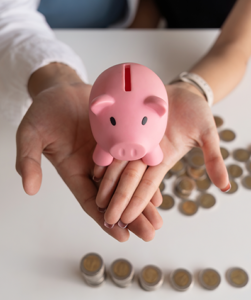








Save Money for Sudden Expenses
